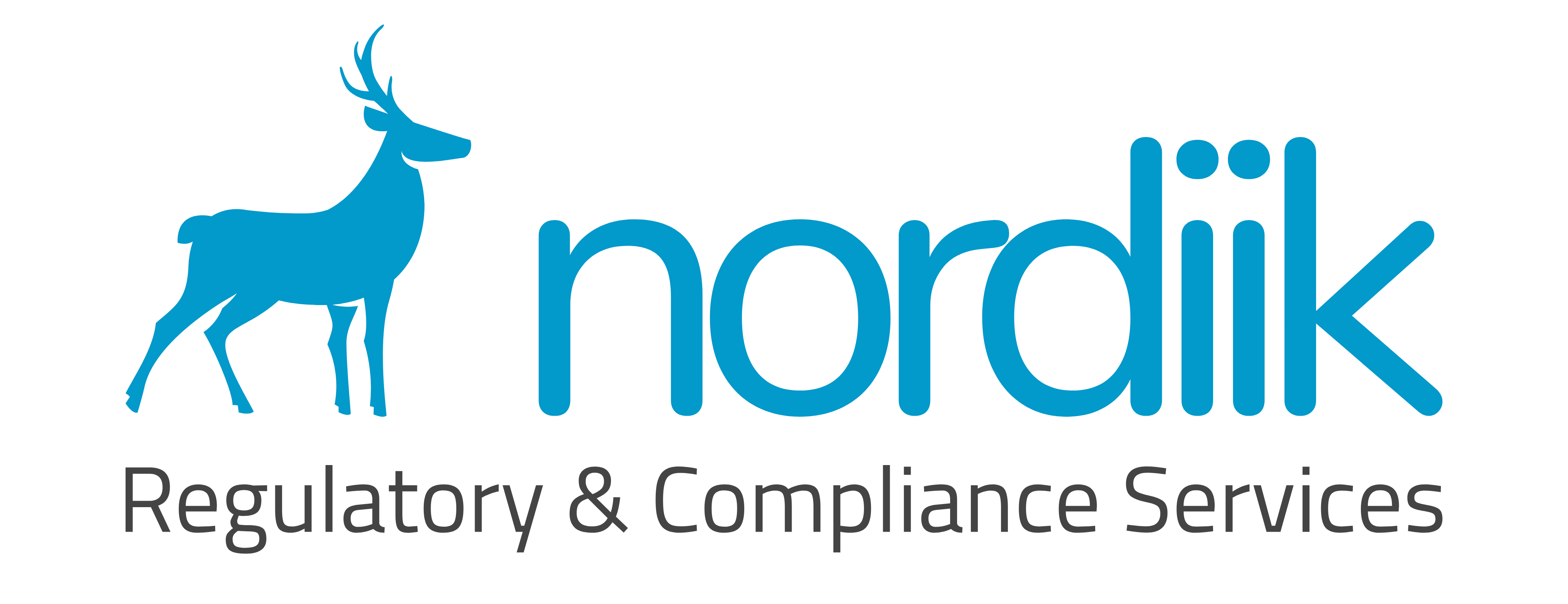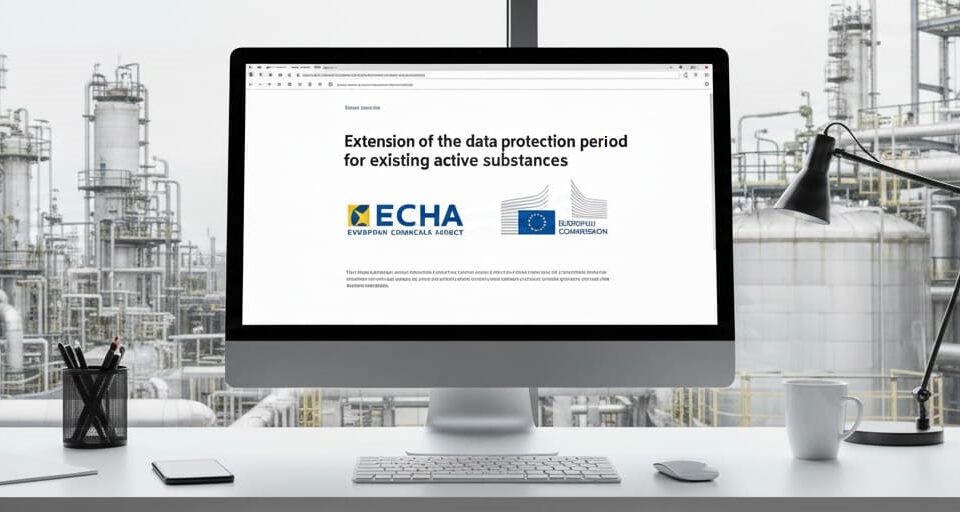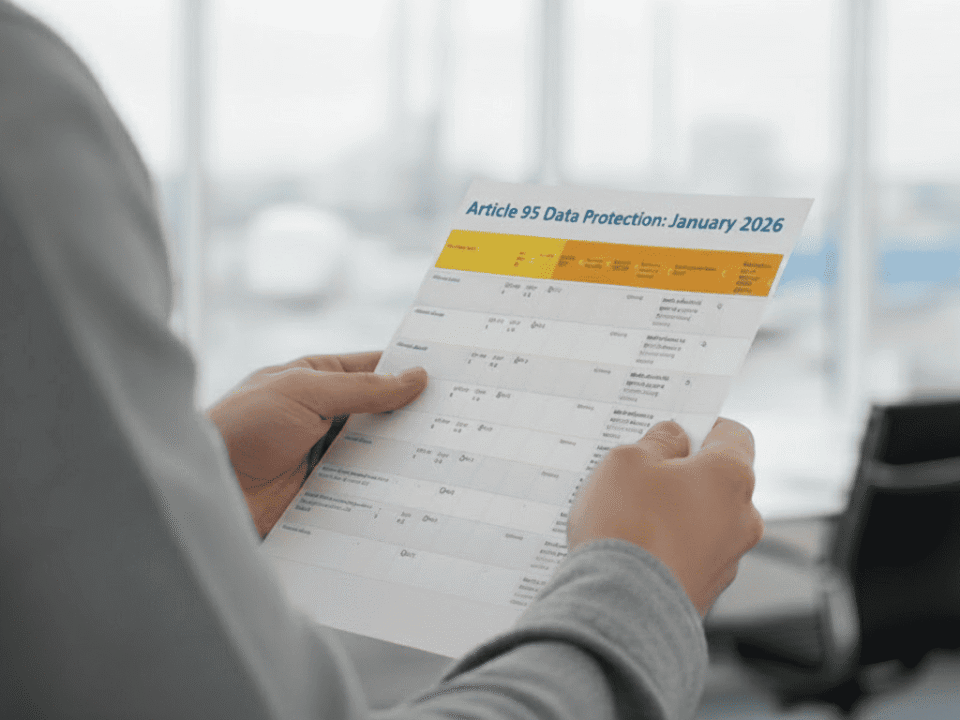The European Commission announces a review of the BPR to simplify its processes
The European Commission has officially begun its long-awaited evaluation of the Biocidal Products Regulation (BPR). First of all, the top priority is to simplify procedures without losing regulatory control. This was made clear during the first implementation dialogue, held on July 15, where Commissioner Olivér Várhelyi met with a select group of stakeholders, including industry representatives, NGOs, and ECHA.
Importantly, this meeting marks the starting point for what could be the most significant revision of the BPR since it entered into force in 2013. Discussions focused on three main topics: current barriers to market access, ways to streamline implementation, and how to foster innovation in biocides.
On one hand, industry called for faster market access and less regulatory uncertainty. They argue that existing procedures remain slow and burdensome. On the other hand, NGOs warned about the risks linked to excessive deregulation. They stress that consumer and environmental safety must not be compromised.
In addition, organizations like PAN Europe and HEAL highlighted the need for the BPR to support innovative, safe alternatives—especially those that are non-chemical. They emphasize that streamlining should never mean lowering health or environmental standards.
The Commission is expected to publish a summary of these talks soon. Furthermore, a public consultation is planned for October. This revision aims to create an open debate where all voices can propose ideas. The goal, according to Brussels, is to design a framework that combines agility, legal certainty, and incentives for innovation, while keeping public health and environmental protection at its core.
What issues will this review of the BPR address?
Notably, several topics are on the table:
-
Delays and complexity in approvals: Industry struggles with lengthy and complicated procedures. National differences create uncertainty and dampen innovation. Many dossiers stay «on hold» for years.
-
Data protection and barriers for SMEs: Data protection encourages investment, yet costs and paperwork pose a real challenge for smaller firms. The Commission is considering more flexible data requirements based on market volume.
-
Push for simplification and less bureaucracy: The simplification package seeks to cut red tape, ease authorization, and make rules accessible—especially for SMEs. The aim is to cut administrative burden by 25% before 2030. This aligns with the EU’s «one in, one out» and REFIT strategies.
-
Innovation and sustainability: There is growing pressure to include sustainability criteria in product evaluations. The review supports greener alternatives and easier access for less toxic biocides. Meanwhile, substances like PFAS and potential endocrine disruptors remain under close scrutiny.
-
Public consultations and stakeholder input: A major public consultation is scheduled for autumn 2025. Companies, NGOs, officials, and citizens can offer concrete proposals for streamlined rules, faster procedures, and smarter regulation.
Need support in meeting BPR requirements? Nordiik can help—contact us!
Source: Chemical Watch









